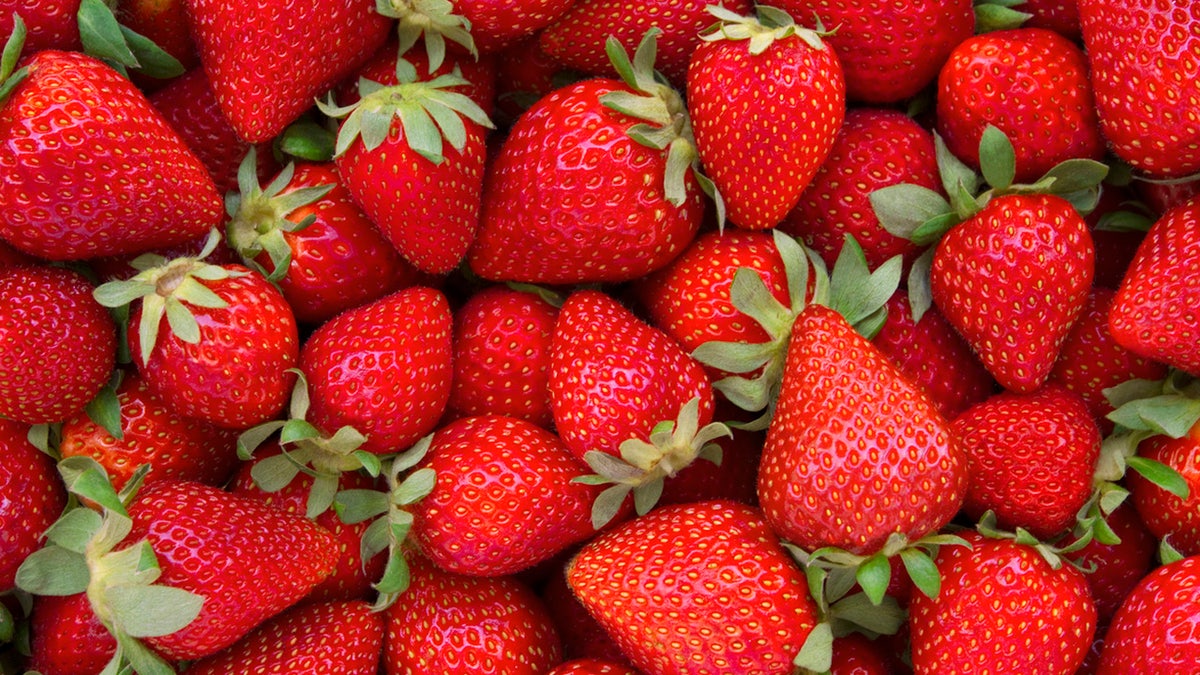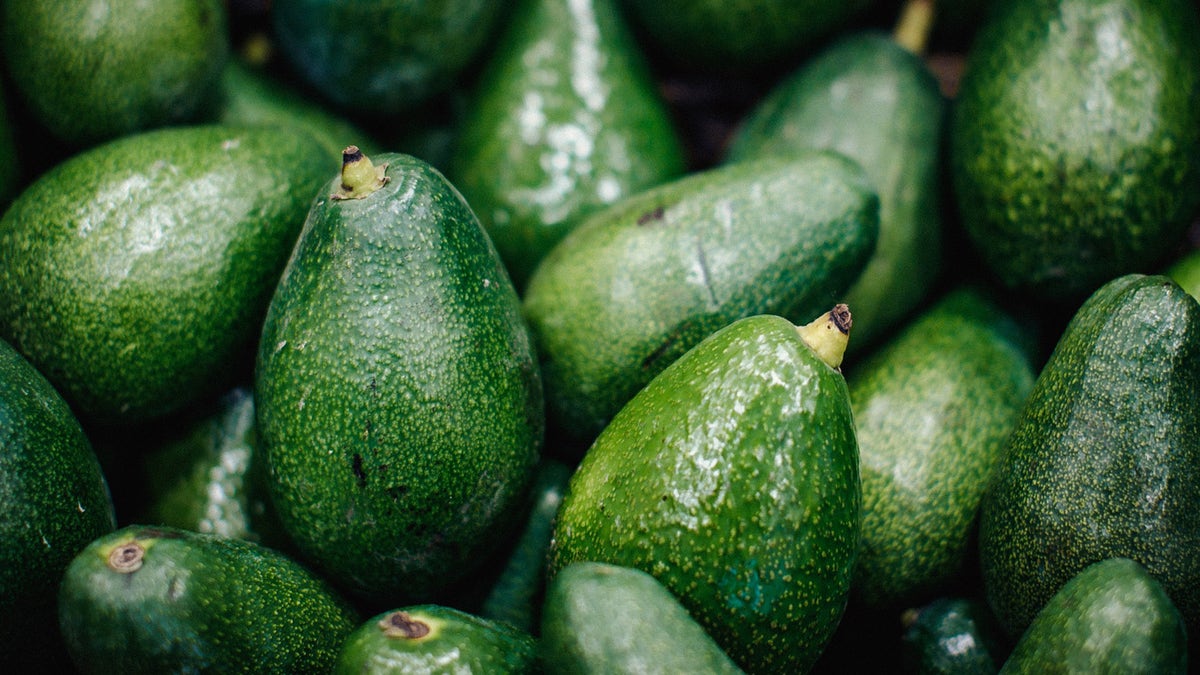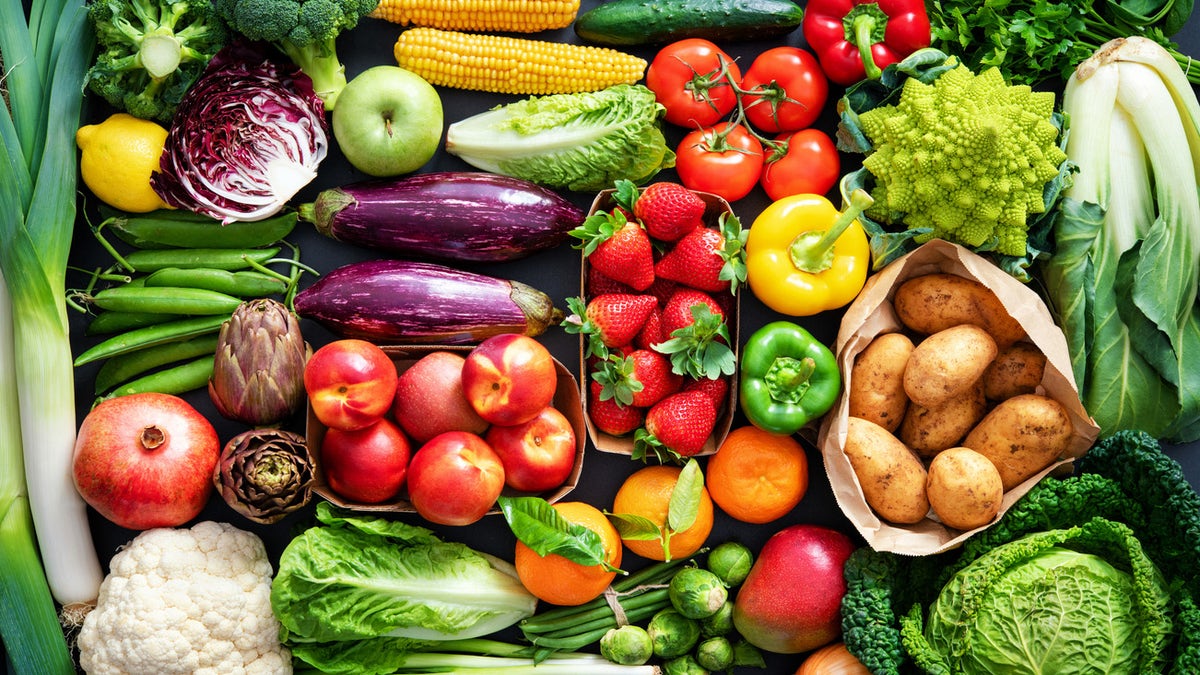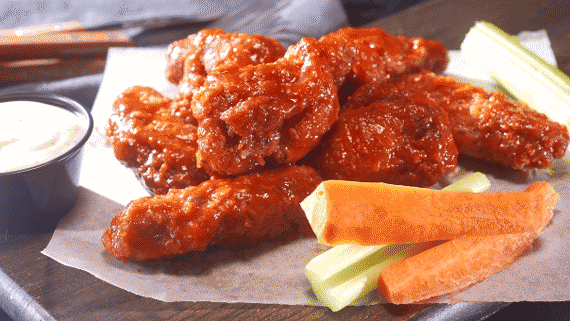Fox News Flash top headlines for March 17
Fox News Flash top headlines are here. Check out what's clicking on Foxnews.com.
If you’re trying to avoid pesticide-contaminated produce, your non-organic strawberries should be the first things to go, according to a recent study.
On Wednesday, the Environmental Working Group (EWG) released its annual "Shopper’s Guide to Pesticides in Produce'' report, which found that strawberries were contaminated with more pesticides than any other fruits or vegetables.
For its annual report, the EWG analyzes data from tests conducted by the USDA and the U.S. Food and Drug Administration on more than 46,000 samples of 46 popular crops, to find which fruits and vegetables have the highest and lowest levels of pesticide contamination.
MARS WRIGLEY ANNOUNCES COMPOSTABLE PACKAGING FOR ITS CANDY BRANDS
Strawberries topped the EWG’s "Dirty Dozen" list of most-contaminated crops, followed by spinach in second place and kale, collard greens and mustard greens taking third place together.

Strawberries were found to be contaminated with more pesticides than any other fruit or vegetable, according to the EWG. (iStock)
Previously, kale was alone in the third spot, but collard greens and mustard greens joined it this year, according to a press release. The release said that the most commonly detected pesticide found on these leafy greens was DCPA, which the Environmental Protection Agency has classified as a possible human carcinogen and which the European Union banned in 2009.
UK RESTRICTING PROMOTIONS ON ‘UNHEALTHY FOOD’ AT SUPERMARKETS, RETAILERS BID TO FIGHT OBESITY
Following those leafy greens, the next most contaminated crops include nectarines in fourth place, apples in fifth, grapes in sixth, cherries in seventh, peaches in eighth, pears in ninth, bell peppers and hot peppers in tenth, celery in eleventh and tomatoes in twelfth.
According to the press release, 2021 is the first year that bell peppers and hot peppers have been added to the EWG’s "Dirty Dozen" list.
"The USDA found 115 pesticides on peppers – the most, by far, on any item," the release said.
‘ULTRA-PROCESSED’ FOODS COULD ACCELERATE BIOLOGICAL AGING, STUDY FINDS
The EWG also found which crops had the lowest levels of pesticide residues for its annual "Clean Fifteen" list.

Avocados were found to be the least contaminated by pesticides, according to the EWG's report. (iStock)
Avocados were found to be the least contaminated with pesticides, followed, in order, by sweet corn, pineapple, onions, papaya, frozen sweet peas, eggplant, asparagus, broccoli, cabbage, kiwi, cauliflower, mushrooms, honeydew melon and cantaloupes.
CLICK HERE TO GET THE FOX NEWS APP
"Whether organic or conventionally grown, fruits and vegetables are critical components of a healthy diet," EWG toxicologist Thomas Galligan, Ph.D., said in a statement. "We urge consumers who are concerned about their pesticide intake to consider, when possible, purchasing organically grown versions of the foods on EWG’s Dirty Dozen, or conventional produce from our Clean Fifteen."

The EWG released its annual "Shopper's Guide to Pesticides in Produce" report on Wednesday. (iStock)
CLICK HERE TO SIGN UP FOR OUR LIFESTYLE NEWSLETTER
Overall, the EWG found that almost 70% of fresh, non-organic produce sold in the U.S. has at least some "residues of potentially harmful chemical pesticides," the group’s report said.
To avoid pesticides, the EWG recommends that shoppers buy organic produce when they can. However, the group is aware that may not be possible for everyone.
"An all-organic diet is simply not affordable or accessible for many Americans," Dr. Philip Landrigan, a world-renowned pediatrician and epidemiologist, said in a statement. "EWG’s Shopper’s Guide provides useful, straightforward guidelines for choosing both organic and conventional produce to provide children with the healthy fruits and vegetables they need, but not the pesticide load they don’t."










































